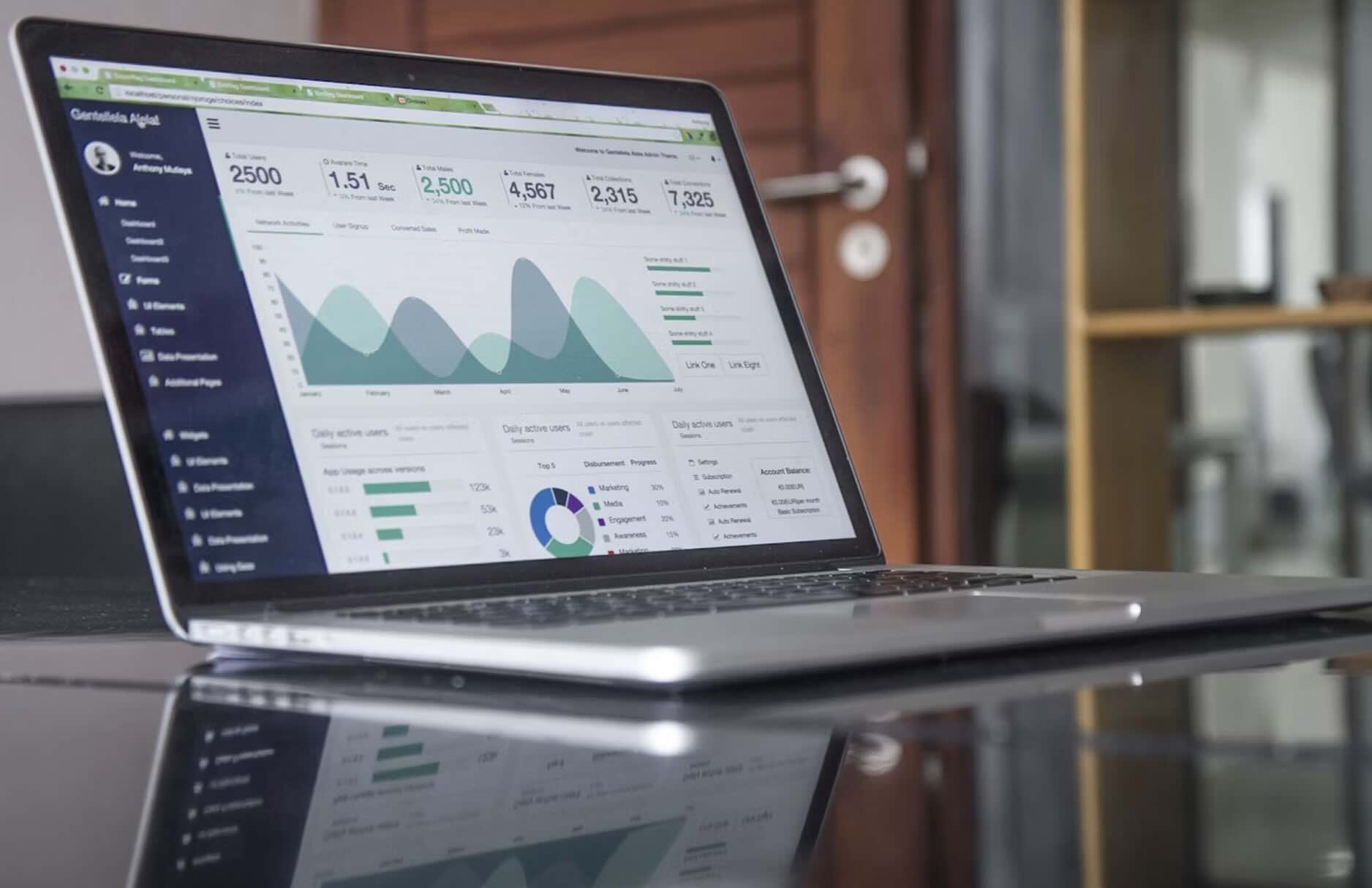The financial market is entwined with many industries. Accounting, for instance, is closely interconnected with other roles, including auditing, tax profession, and regulators. The close relationship between these roles makes it easy for people to transition and pursue related careers. This narrative also applies to chartered financial analysts, especially those looking to enter the foreign exchange market. Part of a financial analyst’s job is to offer readings on economic forecasting, trade, and quantitative tools, all of which are relevant skills for becoming a successful trader. Here is an article on the relevance of the finance analyst role in trading positions.
What Is Financial Analysis?
Financial analysis in the money market involves using relevant data to assess a company’s position and performance while making adequate recommendations for future purposes. These categories of professionals exist to help clients choose better investment opportunities as they align with their previous performances and positions. Financial analysts work through a company’s financial statement, balance sheet, flow statement, and income statement. They work with every piece of information that can help them evaluate a business’s economic trends and set ideal finance policies and plans for the future.
Career Paths for Financial Analysts
Analysts’ roles differ depending on the field or industry. For instance, a financial analyst working with a government agency might be more involved in tax issues, policies, and regulations than performance evaluation. Hence, there are various types of jobs, and the job specifications can vary from time to time.
Finance Qualitative Analyst
The job description here mainly entails making investment choices for clients, firms, or businesses. This type of analysis involves evaluating the performance and positioning of several investments, companies, and large markets of investors. For example, the market for forex trading in Singapore extends into stocks, bonds, and currencies. It also includes recommendations for these firms on whether or not to buy or keep a security.

Risk Analysis
Risk analysts also work on evaluation and analysis, but their primary focus goes beyond that, extending to the scope of risk management. They help clients review their positioning and make decisions with lesser risks and higher profit potential. They conduct risk analysis and provide training for employees on the rudiments of risk management.
Investment Banking Analyst
Investment banking analysts work with clients to develop and maintain investment choices and decisions that align perfectly with their goals. They also research viable investment opportunities that such clients could explore. Their job description includes:
- Conducting product and industry research.
- Creating financial models and analyses.
- Working on detailed valuation analyses.
Corporate Development Analyst
Corporate development analysts are responsible for assisting businesses in optimizing their operation models and boosting revenues. They help improve existing strategies, monitor business models, interpret data, and develop recommendations for expansion. This expansion could include acquisitions and mergers.
Equity Research Analyst
Equity research analysts work with public companies and give professional recommendations on what such firms should buy, sell, or continue to invest in. In most cases, equity research analysts are needed on both the sell side of the firm and on the buy side, assisting both parties with their purchase decisions.
From this job description, it’s easy to conclude that equity research analysts also carry out activities that align with the foreign exchange market dynamics since they help investors decide on what securities and investments to hold.
Bridging Financial Analysis to Foreign Exchange

Following the roles mentioned above, many similarities and connections exist between a financial analyst job and the foreign exchange market.
For one, fundamental analysis is a part of the investment process that involves researching factors, including interest rates, GDP, international trade, and economic status. It also leans towards finding the correlation between these factors and changes in the value of a national currency. The research part of this is typically the job of a financial analyst. It’s easy to bridge between the two, especially if you’ve had the opportunity to work with assets like stocks, bonds, currencies, and securities.
Moreover, currency researchers and analysts work in the foreign exchange market. These individuals are also sometimes referred to as currency strategists, and they work with brokers to analyze economic or political factors that affect currencies’ performance. The other careers listed above correlate with forex trading, making it easy for any type of financial analyst to navigate the forex market and possibly become an expert trader.
Navigating the Forex Space Through Market Research
The bedrock of foreign exchange is research and analysis. This is one reason why technical analysis and indicators are must-have tools for every investor in the market. A thorough understanding of these fundamentals gives you an edge over the average person. As a financial analyst, you have a broader perspective empowered by your research skills and know-how to utilize them to make profitable investment decisions. With a background in this field, crossing over to foreign exchange could be a walk in the park.





1 Comment
How does the role of a financial analyst contribute to success in trading positions, particularly in the foreign exchange market?
Regard Telkom University